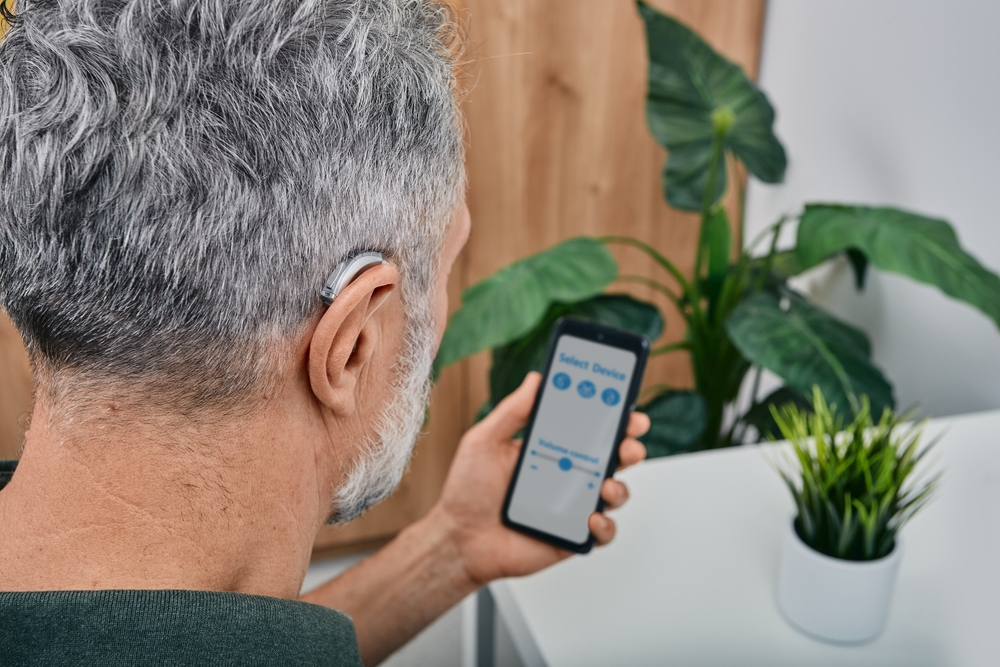
Even slight hearing loss can significantly impact daily life, affecting interactions with friends, family members, and co-workers, as well as complicating routine activities such as grocery shopping. However, the introduction of well-calibrated hearing aids can result in transformative changes.
Top ten reasons to get hearing aids
While the primary benefit of hearing aids is obvious, improved hearing, their effect extends far past basic auditory enhancement. The following will thoroughly outline those benefits.
Better relationships and communication
Clear communication is the basis of meaningful relationships. Neglected hearing loss frequently contributes to lost conversations and misunderstandings, which can strain relationships. Hearing aids enable you to fully participate in conversations, enhancing your ability to connect with others and reducing feelings of isolation or frustration.
Enhanced independence
Untreated hearing loss leads to obstacles in communication causing tasks like buying groceries to become difficult. Your ability to understand speech and hear in various settings will be strengthened by hearing aids, allowing you to navigate these situations more independently. This increased independence extends to activities like driving, where improved situational awareness results in safer experiences.
Possibility of making more money
In professional situations, effective communication is essential. Your job efficiency and career advancement can be diminished by untreated hearing loss which can affect how you take part in meetings and other work-associated gatherings. You can increase your productivity, which can, in turn, lead to career opportunities, by using hearing aids to stay more alert and engaged.
Discomfort from tinnitus can be decreased
Hearing loss is frequently accompanied by tinnitus symptoms or ringing in the ears. Many individuals find that using hearing aids helps mask tinnitus sounds, providing relief and improving all-around comfort.
Mitigated cognitive decline
Some research has revealed a connection between neglected hearing loss and mental decline, including dementia. It’s possible that utilizing hearing aids to manage neglected hearing loss can decrease the chance of cognitive impairment and help sustain the overall health of the brain.
The enjoyment of music
The perception of music will be less enjoyable if hearing loss is distorting your perception of it. The fullness and richness of musical sounds can be restored by hearing aids which fill in the frequency gaps so you can enjoy your favorite songs once more.
Increased confidence
Whether you’re in a social or professional situation, being able to hear better will give you more confidence. With increased communication abilities, you’ll feel more self-assured and capable, enhancing your general quality of life.
Having more energy
Neglected hearing loss forces the brain to work overtime to fill in missing sound which can be mentally exhausting. With hearing aids, you won’t feel so tired and will be able to take part in all of those activities that you enjoy.
Improved safety and awareness
Whether you’re driving a car or crossing the street, being aware of your surroundings is a vital part of safety. Environmental sounds can be restored by hearing aids, ensuring that your reaction to things like alarms and approaching vehicles is safe and appropriate.
Setting a positive example
Embracing hearing aids displays a proactive approach to health and well-being, setting a positive example for others facing similar challenges. It reflects a commitment to personal growth and improvement, inspiring those around you.
Get your hearing tested today
Hearing aids are mainly designed to help you hear better, but numerous other facets of your life can be significantly impacted as well. Whether it’s nurturing stronger relationships, increasing independence, or safeguarding cognitive health, the decision to wear hearing aids is a step towards a more rewarding and engaged life.
Schedule an appointment for a hearing exam today and take the initial steps to hearing better.